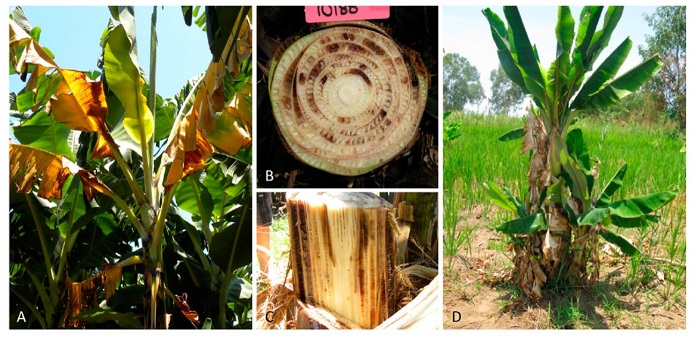
Review: Modifying bananas: From transgenics to organics?
Plant Science Research Weekly, Research0 Comments
/
Did you know that bananas are: one of the top ten world food crops, the world’s most popular fruit, eaten in nearly every country, and an important food security crop in regions where they are grown? Did you also know that most bananas are triploid and usually sterile, making conventional breeding…

The Science in Our Food - Jim Carrington
CSVL Research, Curated Webinars / Video Lectures, WebinarsJim speaks on the benefits science has allowed for in the advancements in growing food. He suggests that global changes will create a need for us to leave romantic visions of farming in our past. With exploding population growth and climate change, we are at an important cross roads.
Jim Carrington…
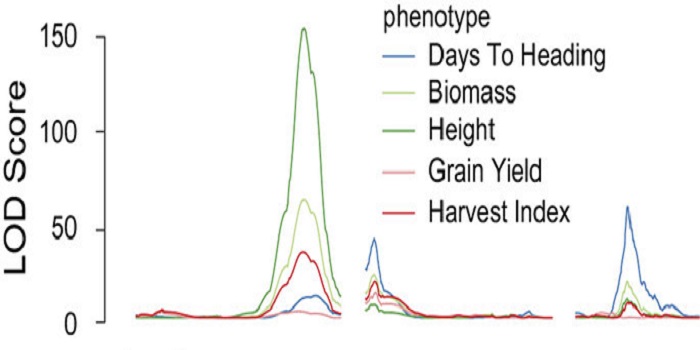
Field-based high throughput phenotyping identifies genes controlling yield in rice
Plant Science Research Weekly, Research, Research BlogThe classic art of plant breeding involves carefully examining a genetically segregating population for traits of interest. Increasingly, high-throughput, automated phenotyping systems are being used; for example, robots can carry plants to imaging chambers for data collection. However, growth-chamber…
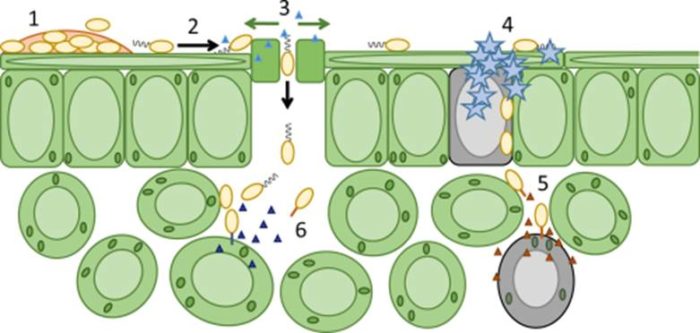
Reviews: Challenges in bacterial molecular plant pathology
Plant Science Research Weekly, ResearchMolecular Plant Pathology has released a new series of free reviews on “Challenges in Bacterial Molecular Plant Pathology.” Topics so far:
Morris et al. Frontiers for research on the ecology of plant-pathogenic bacteria: fundamentals for sustainability 1111/mpp.12508
Pfeilmeier et al. Bacterial…

Reviews: Challenges in bacterial molecular plant pathology
Plant Science Research Weekly, ResearchMolecular Plant Pathology has released a new series of free reviews on “Challenges in Bacterial Molecular Plant Pathology.” Topics so far:
Morris et al. Frontiers for research on the ecology of plant-pathogenic bacteria: fundamentals for sustainability 1111/mpp.12508
Pfeilmeier et al. Bacterial…
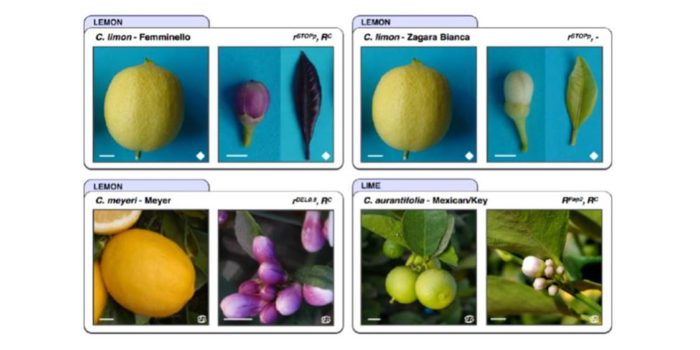
Changes in anthocyanin production during domestication of Citrus
Plant Science Research Weekly, ResearchFamiliar citrus fruits such as sweet orange, lemon, lime and grapefruit are hybrids of three species: Citrus reticulate (mandarin), C. medica (citron), and C. maxima (pummelo). Cultivated varieties are generally vegetatively propagated, with diversity arising from spontaneous or induced somatic mutations.…

Pamela Ronald: The case for engineering our food
CSVL Research, Curated Webinars / Video Lectures, Webinars2015 TED talk by Pamela Ronald.
http://www.ted.com/talks/pamela_ronald_the_case_for_engineering_our_food

Rewiring carotenoid biosynthesis in plants using a viral vector
Plant Science Research Weekly, ResearchA healthy human diet should include phytonutrients such as carotenoids. Several approaches including classical breeding and transgenic plant production have been used to increase carotenoid abundance in plant tissues; challenges to these approaches include feedback controls, cell toxicity due to abnormally…
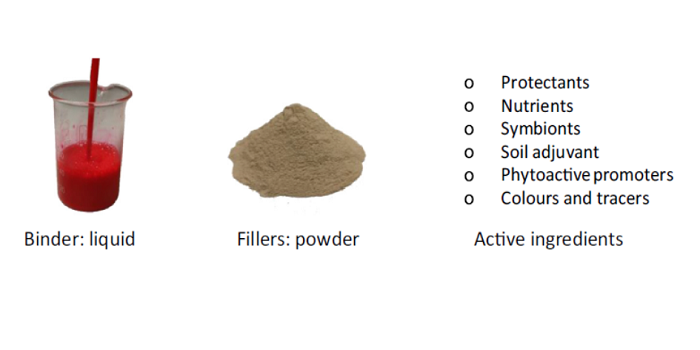
Review: Seed Coating: Science or Marketing Spin? ($)
Plant Science Research Weekly, ResearchTo meet the Sustainable Development Goal 2, Zero hunger, degraded ecosystems should be brought under cultivation with quality seeds that have good germination and produce healthy seedling for vigorous plant population establishment. Seed technologies like seed coating with inoculants, germination promoters,…

